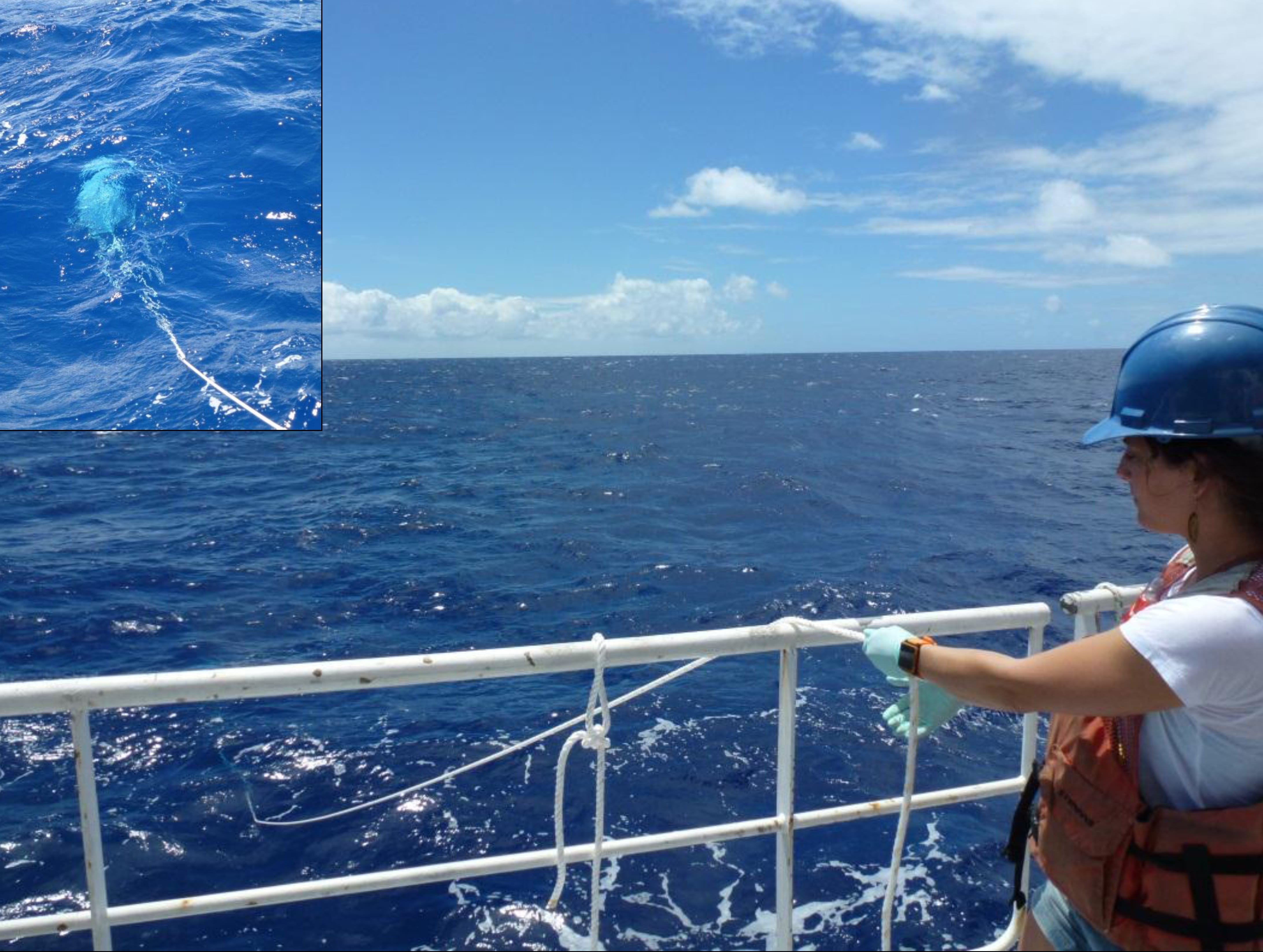Postdoctoral Scholar Program
We invite applications for eighteen-month Postdoctoral Scholarships that are designed to extend the education and training of the applicants and to advance their research careers. WHOI is the largest private, non-profit oceanographic institution in the world. Our mission is to advance understanding of the ocean and its interaction with the Earth system, and to communicate this understanding for the benefit of society. Awards are granted to recent doctorates in oceanography, chemistry, engineering, geology, geophysics, mathematics, meteorology, physics, biology, economics, marine policy, and any field that may contribute to WHOI’s core mission. Applications from all fields of ocean sciences and engineering are welcome. This year, we also plan to award scholarships to doctoral recipients whose academic record and stated interests demonstrate the potential to build institutional momentum in research areas in data and computational sciences, defense-adjacent fields of ocean science and engineering, and with connections to potentially commercializable applications. Finally, an award will be given to an individual interested in working with The National Ocean Sciences Accelerator Mass Spectrometry Facility (NOSAMS) facility on either or both (i) studies of radiocarbon in oceanic systems and (ii) developments in accelerator mass spectrometry and related techniques. WHOI’s Postdoctoral Scholars conduct independent research in association with one or more members of the Resident Scientific or Senior Technical Staff. Communication with potential WHOI advisors prior to submitting an application is highly recommended and sponsor support for research activities will be considered in the award selection. More information about ongoing WHOI research is available through individual Department, Center and Institute web pages found on the Research Areas page. Assistance identifying potential sponsors will be provided on request. WHOI maintains a two-tiered mentoring system for postdoctoral researchers, with resources at the Departmental and Institutional levels. Postdoctoral researchers meet with departmental Postdoctoral Research Mentorship Committees. Numerous institutional career development events, including proposal writing workshops, an annual Postdoctoral Science Symposium, networking opportunities with federal agency program managers and others, and forums on academic and non-academic careers, are well-attended by WHOI postdoctoral researchers. Social and research events are held to convene postdoctoral researchers, their sponsors, and WHOI’s leadership to discuss issues of potential importance to postdoctoral scientists. A heterogeneous community is integral to WHOI’s academic excellence and leadership in the global scientific community. WHOI stands committed to a sustained effort to advance inclusion and belonging throughout all levels of the Institution.
Eligibility
In order to be eligible for one of these awards, applicants must have received their doctoral degree no more than 3 years before their start date. A doctoral degree is required at the time of appointment, but not at the time of application. It is also expected that candidates will have a command of the English language. The following groups are not eligible for the Scholar competition: MIT-WHOI Joint Program Students; those holding any type of WHOI appointment (paid or unpaid) at the post-doctorate level during the 12 months prior to December 31st of the Scholar application year; and those with more than 12 total months as a WHOI guest student (paid or unpaid), or who have a formal doctoral (co)advisor who is a WHOI employee.
Award Timing
Applications are required by December 1, 2025. Awardees can initiate their study and research period at the Institution any time after March 1 and before December 1, 2026 following the award notification. December 1st is a firm deadline. It is expected that awardees will physically reside at WHOI for at least two-thirds of their total postdoctoral award period. Recipients of the 2026-2027 awards will receive an annual stipend of at least $71,000 for an 18-month appointment, plus relocation and health and welfare allowances. Limited support is also available for travel expenses, equipment, supplies, and special services. Although extensions to this fellowship are rare, WHOI Postdoctoral Scholars are able to submit proposals to extend their stay as a Postdoctoral Investigator. Sponsors are committed to supporting Scholars in their career development.

